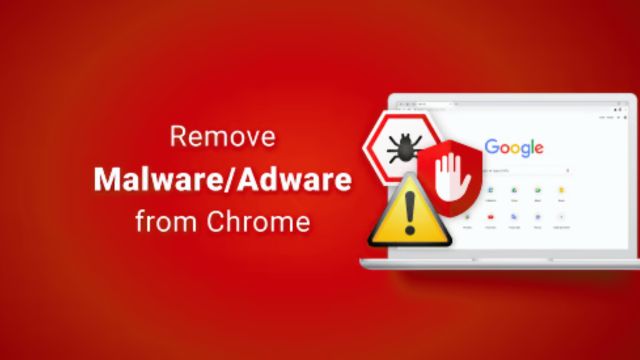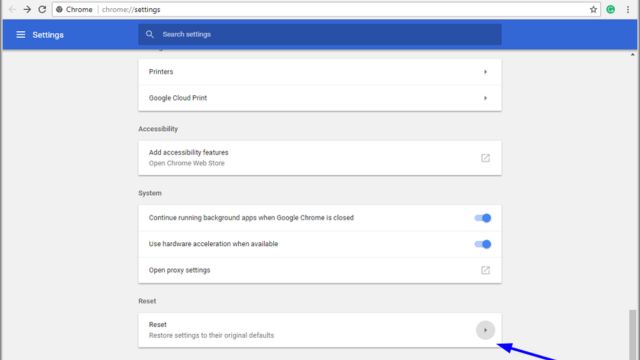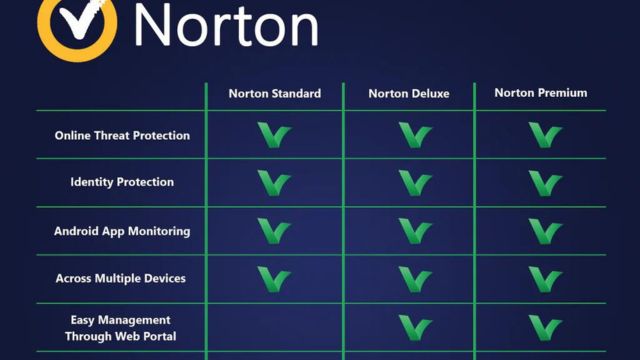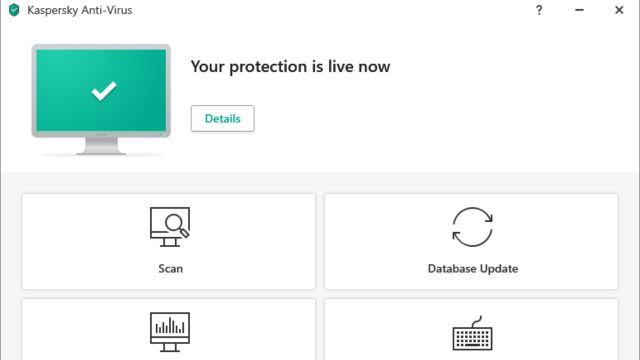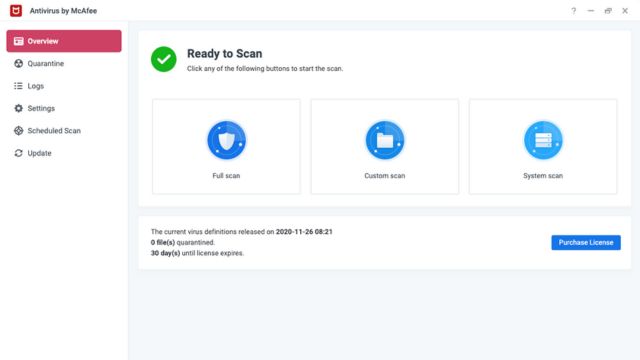Web browsers have become important tools in the digital age for everything from learning and talking to having fun and doing business. Google Chrome has become one of the most popular websites because it is easy to use and works well. Still, because it is so popular, hackers see it as an easy target, which could lead to malware attacks. In this detailed guide, we’ll talk about how to remove malware from Chrome so that you can browse the web safely and quickly.
Table of Contents
How to Remove Malware from Chrome?
Malware, which stands for “malicious software,” is a wide range of dangerous programs that are designed to break into a user’s security, privacy, or data integrity. Malware gets into computers through files, hacked websites, and browser add-ons that don’t seem to be dangerous. It causes trouble when it gets inside.
Indications of Malware Incursion
Malware is sneaky and hard to spot because of how it works. Some minor but telling signs include a system that runs slower than usual, more annoying ads, browser toolbars that aren’t needed, and sudden changes to the usual site.
Proactive Measures to Prevent Malware Infections
A very old saying says that it’s always better to stop doing something than to fix it. Your digital health will improve if you are careful when you download files if you update your browser and operating system regularly, and if you protect your computer with a reliable and up-to-date security program.
Step-by-Step Guide to Removing Malware from Chrome
Method 1: Checking for dangerous add-ons
Start getting rid of the malware by carefully looking through all of your Chrome add-ons. Go to the “Extensions” page and start to look at each loaded addition in a systematic way. Any growth that looks or acts strangely should be removed as soon as possible.
Method 2. Disabling and Eliminating Malicious Extensions
When malicious extensions are found, the best thing to do is temporarily disable them before removing them for good. To do this, click the “Remove” button next to the app you want to get rid of.
Method 3. Eliminating Traces by Clearing Browsing Data
Malware could leave clues in your browsing data, which could make the problem worse. Clearing your browser’s cache, cookies, and history can make this risk less likely. This will get rid of any bad software that is still on your computer.
Method 4. Reverting Chrome Settings to Default
If the malware keeps coming back, you might want to restart Chrome to how it was when you first got it. This might mean losing some chances, but it gets rid of malware that is hard to get rid of.
Method 5. Leveraging Malware Removal Tools
If the steps above don’t work, you might want to use tools that are known to be good at getting rid of the malware. These tools do full scans of your system, which finds and gets rid of any malware that was hidden.
Five Best Antivirus Apps
Here are five well-known apps that will protect your devices from malware and other online threats:
1. Bitdefender Antivirus
Bitdefender is a well-known company that makes security software. It is known for how well it protects against viruses, spyware, and ransomware. It can check in real-time, keep you safe online, and is easy to use.
2. Norton Antivirus
Norton is another well-known brand that guards well against viruses. It keeps you safe from threats on the internet with features like a firewall and defense against malware and phishing. Norton also has extra tools to help protect your privacy and identity.
3. Kaspersky Antivirus
Kaspersky is known for how well it can find and protect against malware. It has real-time security, safety from phishing, and a way to check files and websites for possible dangers.
4. McAfee Antivirus
McAfee has a lot of ways to keep your computer safe, such as antivirus defense. It has features like real-time scanning, firewall protection, and tools to keep you safe from online dangers like harmful websites and email files.
5. Avast Antivirus
Users like Avast because it has both a free version and a paid version that has more features. It keeps you safe in real-time, checks the security of your Wi-Fi network, and gives you tools to find and get rid of malware on your computer.
Remember that these antivirus apps can make a big difference in how safe your device is, but it’s also important to use safe browsing methods, keep your operating system and software up to date, and be careful when downloading files or clicking on links from sources you don’t know.
Adopting Temporary Solutions: Exploring Alternative Browsers
You should move to a different browser, like Mozilla Firefox or Microsoft Edge, while the malware is being fixed. With this change, people can read without fear and stay online without being disturbed.
Safeguarding Against Future Threats: A Continuous Endeavor
Getting rid of malware is only the first step in a long fight against digital risks. Keep your digital fortress strong by being smart about how you watch videos, avoiding links that look suspicious, and making sure your browser and security tools are always up to date.
Conclusion
In a digital world full of security holes, knowing how to get rid of malware from Chrome is one of the most important skills you can have. By carefully following the steps in this guide, you can keep browsing safe, smooth, and free of danger. Remember that there are two things you need to do to stay safe online: be aware and act. To read more content like this, visit https://www.trendblog.net.
Frequently Asked Questions (FAQs)
Is just Chrome affected by malware?
No, without a doubt. Malware doesn’t care which websites you visit, so you should be careful with all of them.
Are paid services better than those that don’t cost anything?
Both paid and free antivirus programs can protect your computer, but the key is to choose a good one and make sure it gets updated often.
Can I get information back that the malware has been deleted?
Whether or not you can get your information back depends on how bad the malware attack was. In these situations, having regular copies of your info can save your life.
How often should I look for bugs on my computer?
It’s best to do a scan once a week, but if you take a lot of things from the Internet, you should do checks more often.
Can viruses be found on websites that are supposed to be safe?
Yes, without a doubt. Even sites that are meant to be safe can be broken into. Keep an eye out, make sure your machine and system are up to date, and be careful when clicking on links.


